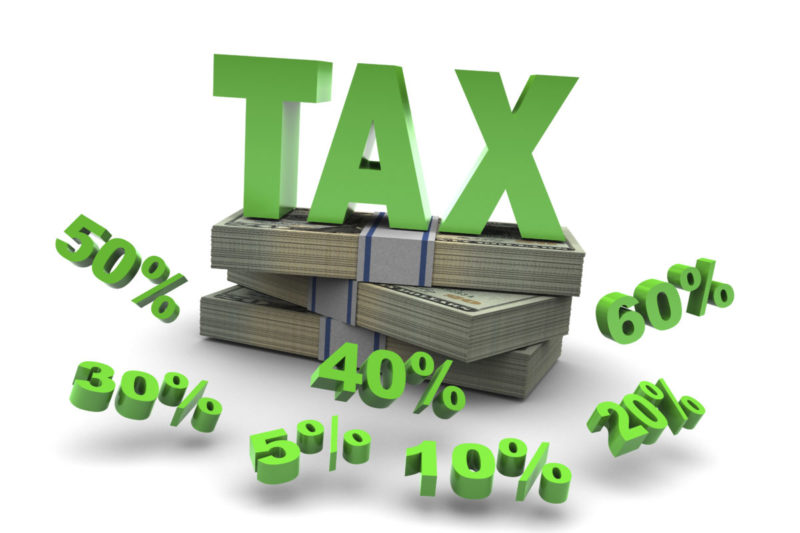
Government coffers have identified the problem: your taxes are too low
According to apologists for big government, the Las Vegas area is facing a real problem: Government budgets aren’t getting big enough, fast enough.
Local government agencies in southern Nevada are beginning to panic because the revenue they’re receiving from property taxes just isn’t growing as quickly as they would like — despite the fact that home values are finally recovering from the 2008 crash.
In recent years, home values have been clawing their way back, giving home owners, small business owners and investors a little breathing room in an otherwise anemic road to recovery. And, thanks to a state law that caps the amount property taxes can rise annually, folks are able to enjoy this good news without worrying about skyrocketing tax bills at the same time.
That kind of consumer protection, however, is apparently a big problem for local governments that feel entitled to other people’s wealth.
“It’s losing money in the sense that we were counting on these revenue increases,” said Jim McIntosh, the Clark County School District’s chief financial officer, as reported by the Las Vegas Review Journal. “In other words, property tax revenues will be flat.”
Only in government does getting a smaller than expected increase in revenue fall into the category of “losing money.”
McIntosh isn’t the only one worrying about the fact that his budget is getting bigger faster. Other agencies, including police and fire departments, are already talking about cutting services down the road.
“Now we’ve got all this variability… where all of the sudden next year you get nothing,” McIntosh told the RJ.
Actually, as reported in the same article, the tax revenue is expected to climb by 0.2 percent in the next year. True, this is far slower than the climb in home values — but that was precisely the intent of the 2005 law.
Home values increasing should be good news for homeowners. Unfortunately, climbing home values are not always synonymous with climbing wages — and often the tax bills that come along with appreciating properties burden struggling middle class and low income families. And that was very much the reason for the tax cap.
After all, most Americans haven’t seen their incomes substantially increase in nearly a decade. In Nevada especially, private sector workers were hit hard with job losses, wage cuts and depressed economic activity in the wake of the financial collapse. Eight years later, the income for many of these families have still not fully recovered — even if their home values have gone up.
The fact that home values are recovering, and families are able to finally take a breath without worrying about government plundering them for more pennies, should be applauded. It’s a welcome invitation for economic growth, increased prosperity and substantive recovery — and it helps low and middle income families remain in their homes as neighborhoods improve and property values increase.
In short, capping property taxes has helped to keep housing affordable for folks who have weathered the economic downturn. It is a protection for property owners against the single most unaffordable cost of good fortune in modern times: grabby government.
Instead of celebrating the fact that homeowners are able to benefit from the upward trajectory in home values — not to mention the increased economic prosperity that usually accompanies such trends — public officials are bemoaning the fact that they aren’t getting a bigger slice of other people’s investments.
More than anything, this demonstrates the perverse way in which public officials view the wealth of private citizens. It appears that, to big-government apologists, the end goal for economic expansion is to increase the revenue going to government.
Contrary to what some bureaucrats apparently believe, the people of Nevada do not labor, save and invest for the sole purpose of funding government agencies. In fact, people typically do these things to improve their own circumstances.
Perhaps it is government’s turn to learn what the private sector already knows: how to cope with limited income.
Michael Schaus is communications director of the Nevada Policy Research Institute, a nonpartisan, free-market think tank. For more visit http://npri.org.